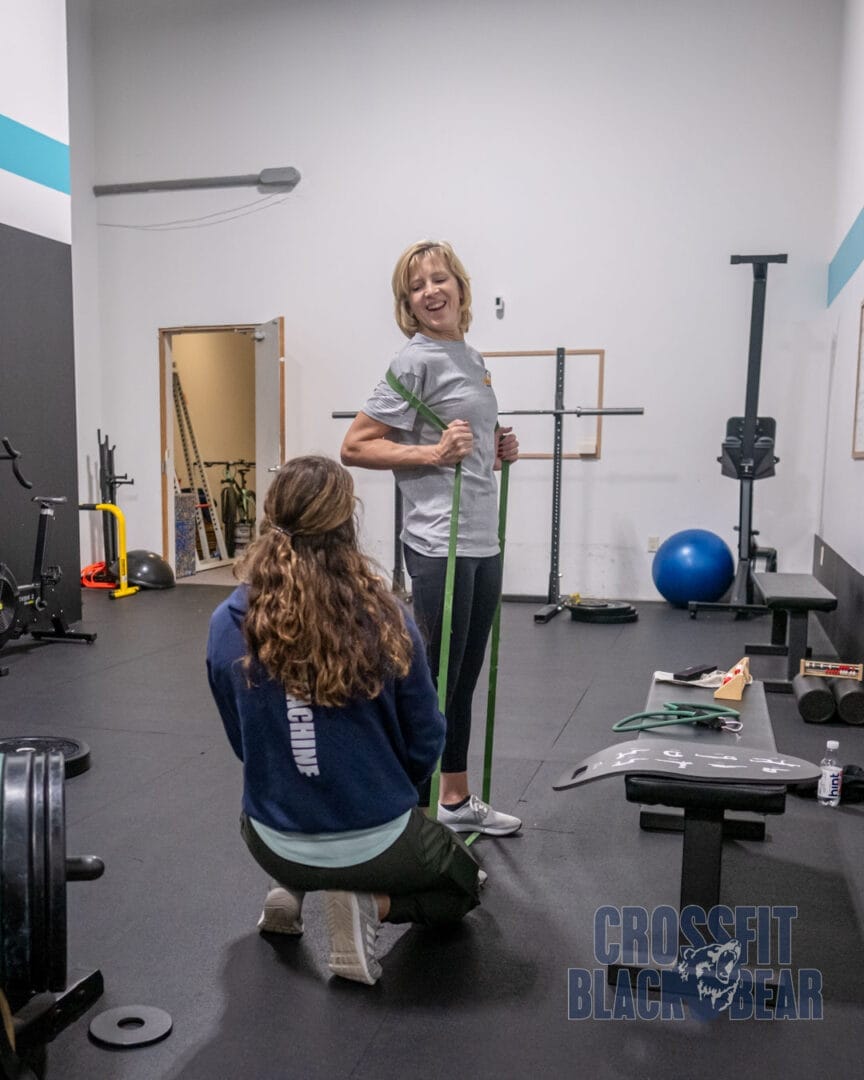
Success, in both our personal and wellness journeys, is a pursuit that often begins with setting objectives. Whether it’s aiming for a healthier lifestyle, managing stress, or improving your overall well-being, objectives provide us with direction and purpose. But what if I told you that, while goals are essential, your habits truly determine your long-term wellness and happiness?
Before diving deeper into the world of habits, let’s clarify what we mean by “goals” and “habits.” Goals are specific achievements or outcomes you aim to reach in the future. They are the destinations on your wellness map. On the other hand, habits are the daily actions, routines, and behaviors that shape who you are and what you become.
While setting wellness goals is undeniably important, they come with downsides. Goals can sometimes create unnecessary stress and anxiety, leading to a fixation on outcomes rather than the journey. The pressure of achieving a specific goal within a set timeframe can be daunting.
Consider this: you set a goal to lose 20 pounds in three months. As the deadline approaches, you become increasingly anxious about hitting that number on the scale. The stress might even hinder your progress. This is where the power of habits becomes evident.
Habits are the secret sauce of lasting wellness change. They operate on autopilot, shaping your daily life and decisions. Understanding how habits work and, more importantly, how to harness their power can positively change your wellness journey.
Habits follow a simple loop: cue, routine, reward. You receive a cue (like feeling stressed), engage in a routine (meditation or exercise), and reap a reward (stress relief and improved mood). This loop, repeated over time, forms habits. Habits are sustainable because they become ingrained in your daily life, not confined to a specific wellness goal or timeframe.
The magic happens when you realize that habits can be instrumental in achieving long-term wellness objectives. By cultivating positive, consistent habits, you build momentum. This momentum propels you toward your wellness goals, often with more profound and lasting results than simply chasing after a goal.
Consider your wellness journey. Instead of focusing solely on fitness or weight goals, focus on the habits supporting your well-being. For instance, establish a daily meditation or mindfulness practice if your goal is to reduce stress and boost mental clarity. Over time, this wellness habit helps you manage stress and enhances your overall mental and emotional wellness.
You might be wondering how to kickstart the habit-forming process. Here are some practical steps to get you started:
- Start Small: Begin with tiny, manageable wellness habits to increase your chances of success.
- Track Your Progress: Keep a journal or use habit-tracking apps to monitor your daily routines.
- Accountability: Consider hiring a fitness coach who can keep you on track and provide expert guidance.
- Stay Consistent: Make your wellness habits non-negotiable by incorporating them into your daily schedule.
Understanding the stages of habit formation can be invaluable. From identifying the cue that triggers your habit to designing routines aligned with your wellness objectives, each step plays a crucial role in your habit-building journey.
The sweet spot is where habits and wellness goals converge. Instead of viewing them as separate entities, consider how habits can support your wellness objectives. Align your daily actions with your long-term wellness goals, and you will become the best version of yourself.
In the pursuit of better health, goals are the milestones, but habits are the path. While goals provide direction, the habits you cultivate pave the way to lasting well-being and happiness.
Consider hiring a wellness coach to keep you accountable for your habits and wellness goals. Together, you’ll create a roadmap to lasting confidence and happiness.
We would love to help! Schedule a No Sweat Intro with us today!
